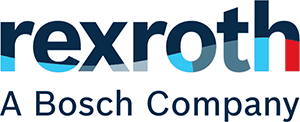

Products
OverviewIndustries
OverviewService
OverviewCompany
OverviewProduct groups
OverviewEngineering
OvervieweConfigurators and Tools
Overview

Whether it’s for individual parts, or series production, industrial 3D printing is becoming increasingly important for the manufacturing industry. With its latest 3D printing system for high-performance plastics, GEWO Feinmechanik GmbH is responding to the resulting requirements. By providing modern automation solutions, Bosch Rexroth is contributing its industrial experience and allowing the technology to be connected to the world of automation in manufacturing.
GEWO has decades of experience when it comes to developing and manufacturing complex workpieces for the semiconductor industry, aerospace, medicine and research and always meets the most stringent quality requirements in the process. Additive manufacturing machines are another future-oriented mainstay of the company. The PERFORMER 260 (Fig. 1), the latest product from the company’s GEWO 3D business division, celebrated its premiere at last year’s formnext.
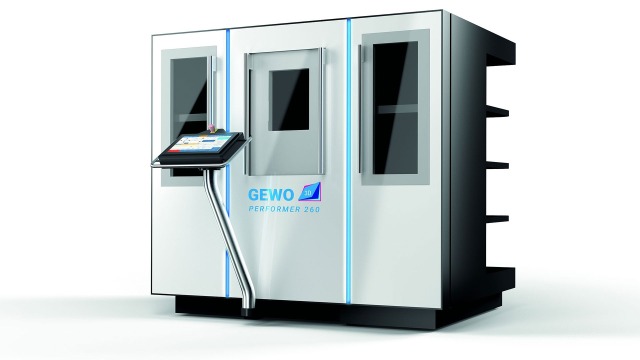
Fig. 1: The new PERFORMER 260 3D printing system from GEWO 3D (Image source: GEWO Feinmechanik GmbH)
“At GEWO, meticulous mechanical engineering and focusing on customer requirements are in our blood. We took this into account when developing the PERFORMER 260,” said Martin Stangl, the person responsible for marketing and sales at GEWO 3D.
The high build volume temperature of 260 °C offers clear advantages when it comes to the warpage and adhesion of the printing material. The system is thus well suited for the additive manufacture of high-performance plastics (Fig. 2).
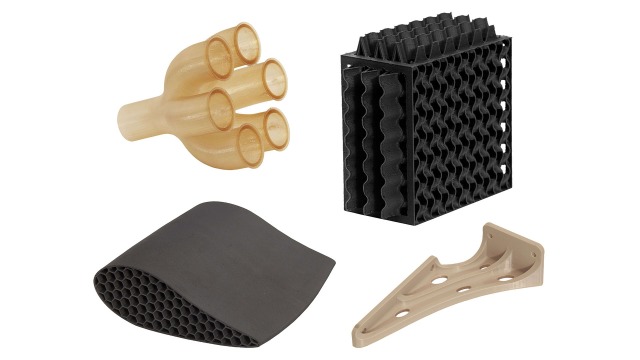
Fig. 2: Example workpieces from the PERFORMER 260: collecting piece, cross-flow structural part for gas heat exchangers, wing segment, fixing bracket with gaps to reduce weight (Image source: GEWO Feinmechanik GmbH)
Dimensions of 450 x 450 x 350 mm together with the high build volume temperature make the PERFORMER 260 one of the biggest FFF printers currently available in its power class and enable it to meet most customer requirements. Not only the dimensions but also the printing speed play a key role in ensuring economical manufacturing. With acceleration of up to 6 m/s², travel speeds of up to 300 mm/s and a material throughput of 0.5 kg/h, GEWO 3D is a leader on the market.
With the open CNC system MTX from Bosch Rexroth, the PERFORMER 260 features an extremely high-performance control system for a precise and reliable printing process, one that has proven itself in numerous industrial applications. The latest XM42 control hardware as well as a wide range of software functions which are usually found in highly automated machines tools are used (Fig. 3). This ensures the shortest possible cycle times and enough computing power for highly dynamic, coordinated movements including the entire process monitoring and optimization.
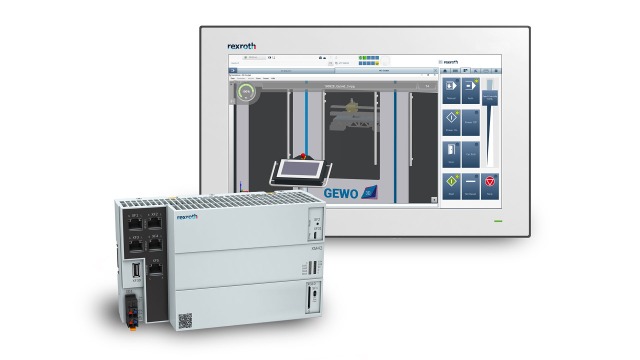
Fig. 3: Powerful, intelligent and connective: the CNC system MTX from Rexroth (Image source: Bosch Rexroth AG)
In additive manufacturing, the requirements regarding the human-machine interface differ from those in classic machine tools. Users expect clear operating screens which can be used intuitively and show only essential information. The MTX offers the Easy-HMI solution for producing these screens. In combination with multitouch screens, operating solutions with large virtual buttons which render physical operating elements unnecessary can be achieved.
Through the use of the MTX, GEWO 3D has successfully entered the IoT world. The OPC UA server included in the control system allows the 3D printer to be seamlessly connected to automation systems in production in order to achieve functions such as job management, performance monitoring or quality control.
In addition to high-performance control hardware and software, the CNC system solution MTX uses the IndraWorks engineering tool to support users when planning, commissioning and troubleshooting machines and during the initial test for production processes. IndraWorks makes available a virtual CNC system MTX which has the same software and functions as the real control system. In conjunction with Rexroth’s Virtual Machine Simulation solution, a digital twin for a machine can be configured.
The resulting 3D simulation solution has the same user interface as the real machine and makes it possible to test and assess the production process virtually (Fig. 4). In addition to displaying movement patterns, the application or removal of materials is visualized, and the process is monitored for collisions. In additive manufacturing, long-running printing programs are the norm. Here, the digital twin significantly increases the simulation speed. Printing programs that would usually run over several hours can be simulated in a few minutes – with identical system behavior.
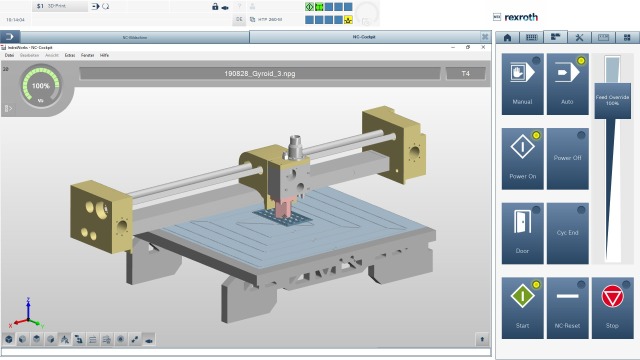
Fig. 4: Additive Manufacturing (AM) process simulation within the MTX user interface (Image source: Bosch Rexroth AG)
With the PERFORMER 260, GEWO 3D shows that a 3D printer can meet the high standards expected in industrial production. By using high-performance components and innovative functions, GEWO 3D sets benchmarks for many product features in additive manufacturing. Among other things, the automation components from Bosch Rexroth make this possible. Peter Berens, Head of Business Development CNC Systems and the person responsible for the additive manufacturing market segment, is also satisfied: “Together with our customer GEWO 3D, we have once again shown that our solutions are the lever which allows 3D printing to be integrated into an industrial environment and ensures quality, reproducibility, economy and reliability.

Author: Dr. Karsten Kreusch
Dr. Karsten Kreusch has been working as a specialist for simulation in the product management for CNC systems at Bosch Rexroth AG in Lohr am Main since 2017. After studying electrical engineering and obtaining his doctorate on the subject of "Verification of numerical controls on virtual machine tools", he began his career at Bosch in research and development in the field of machine tool simulation.
